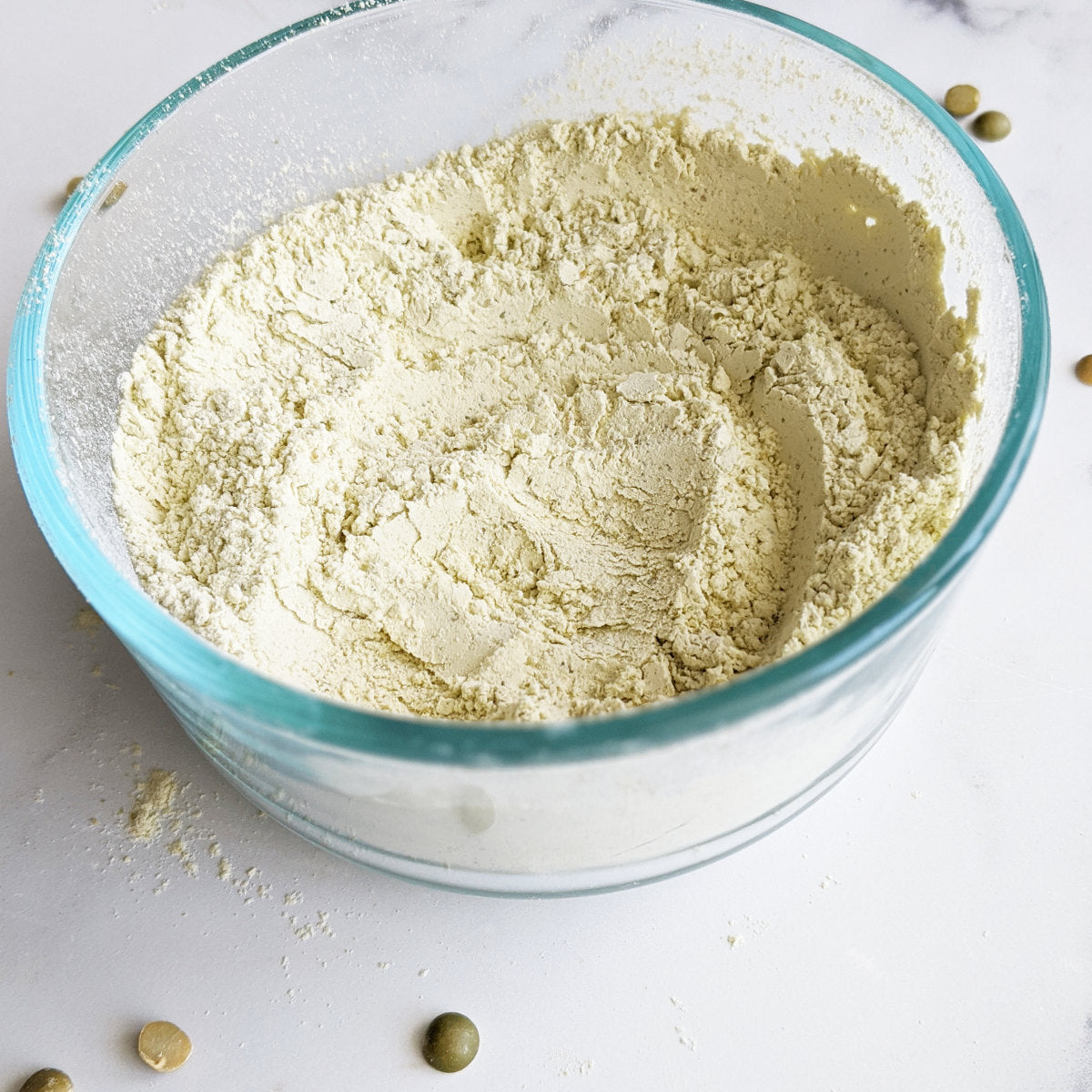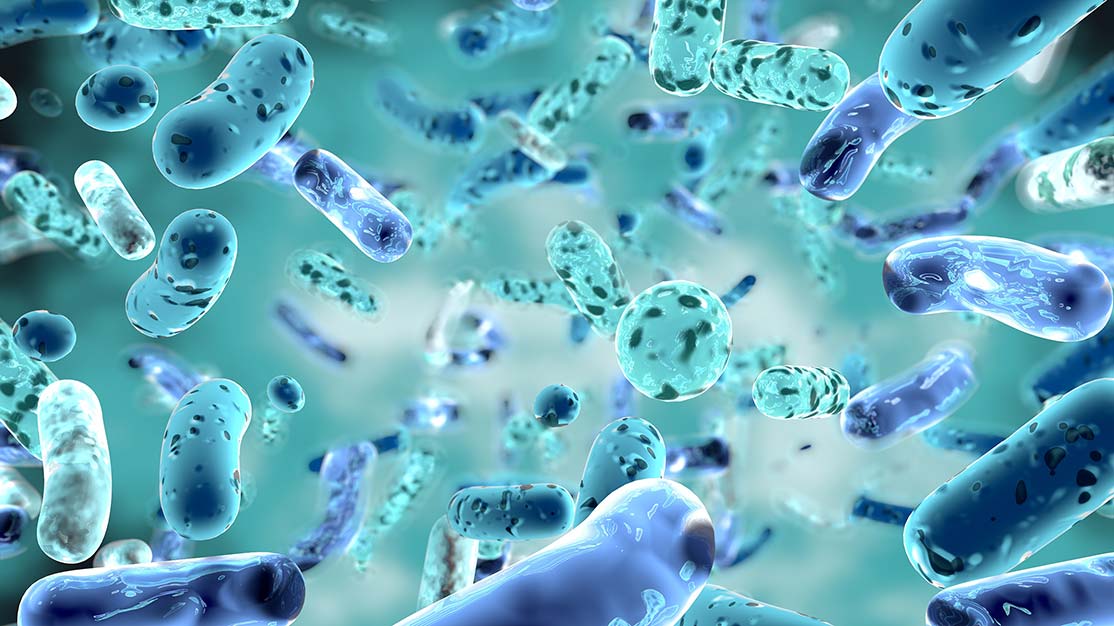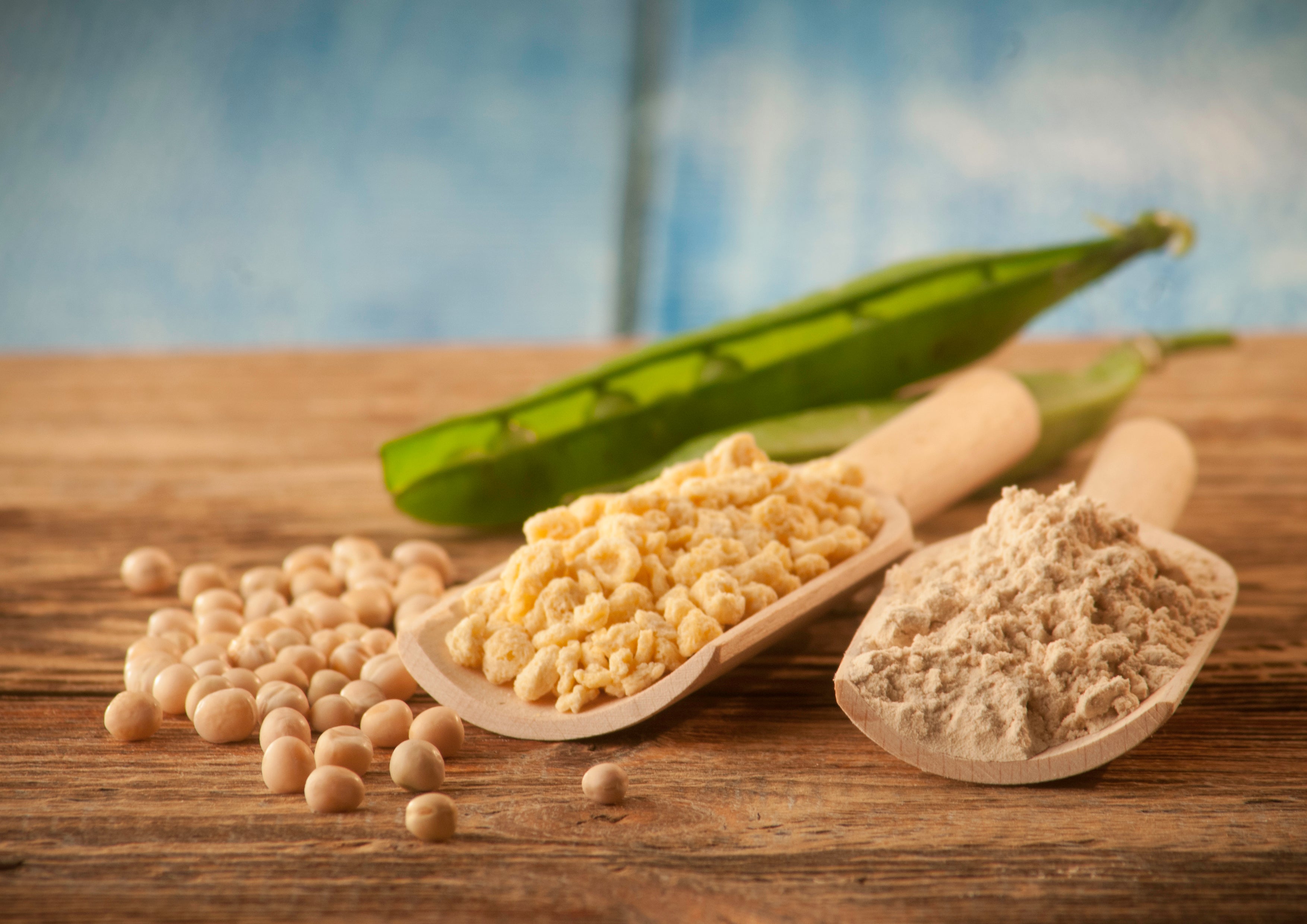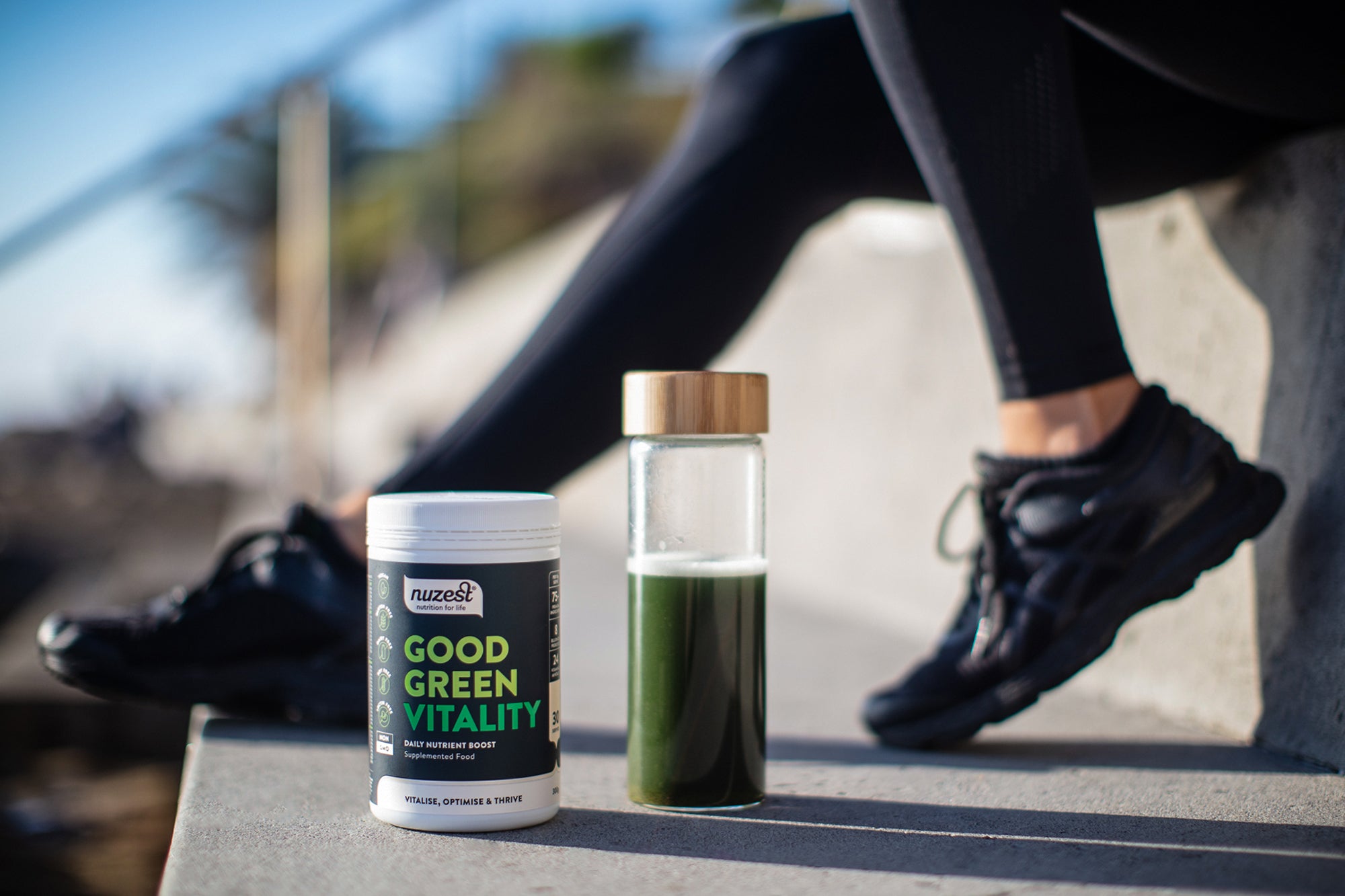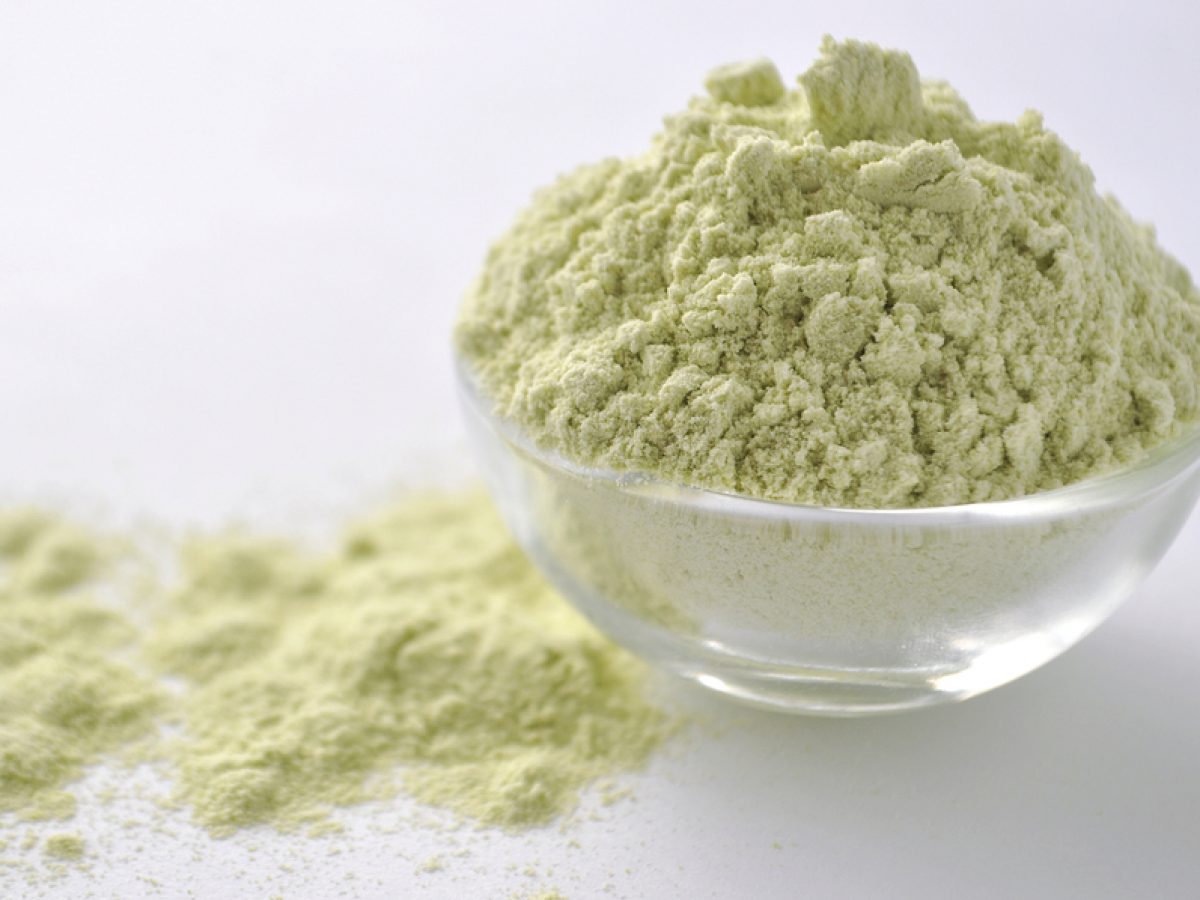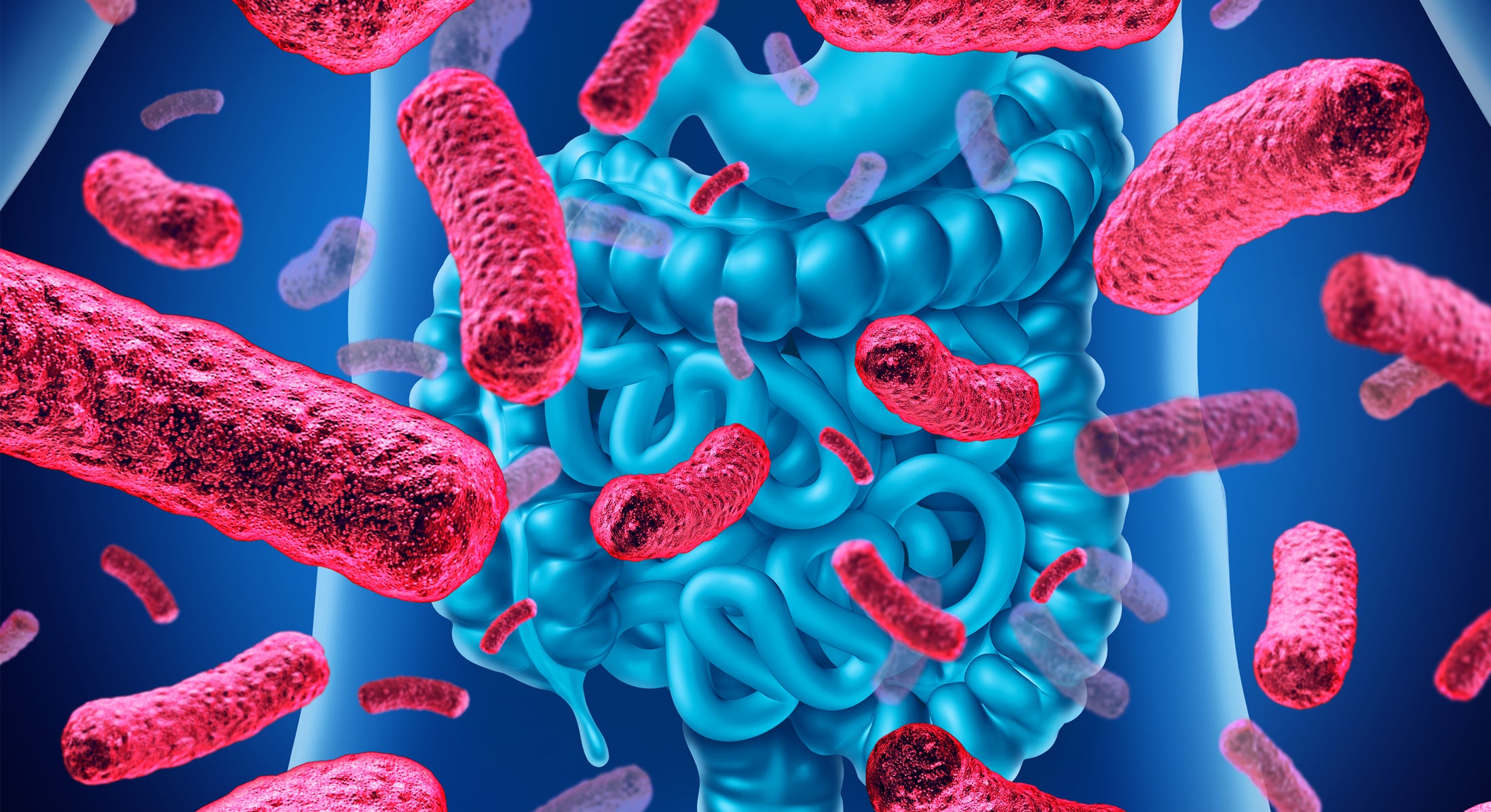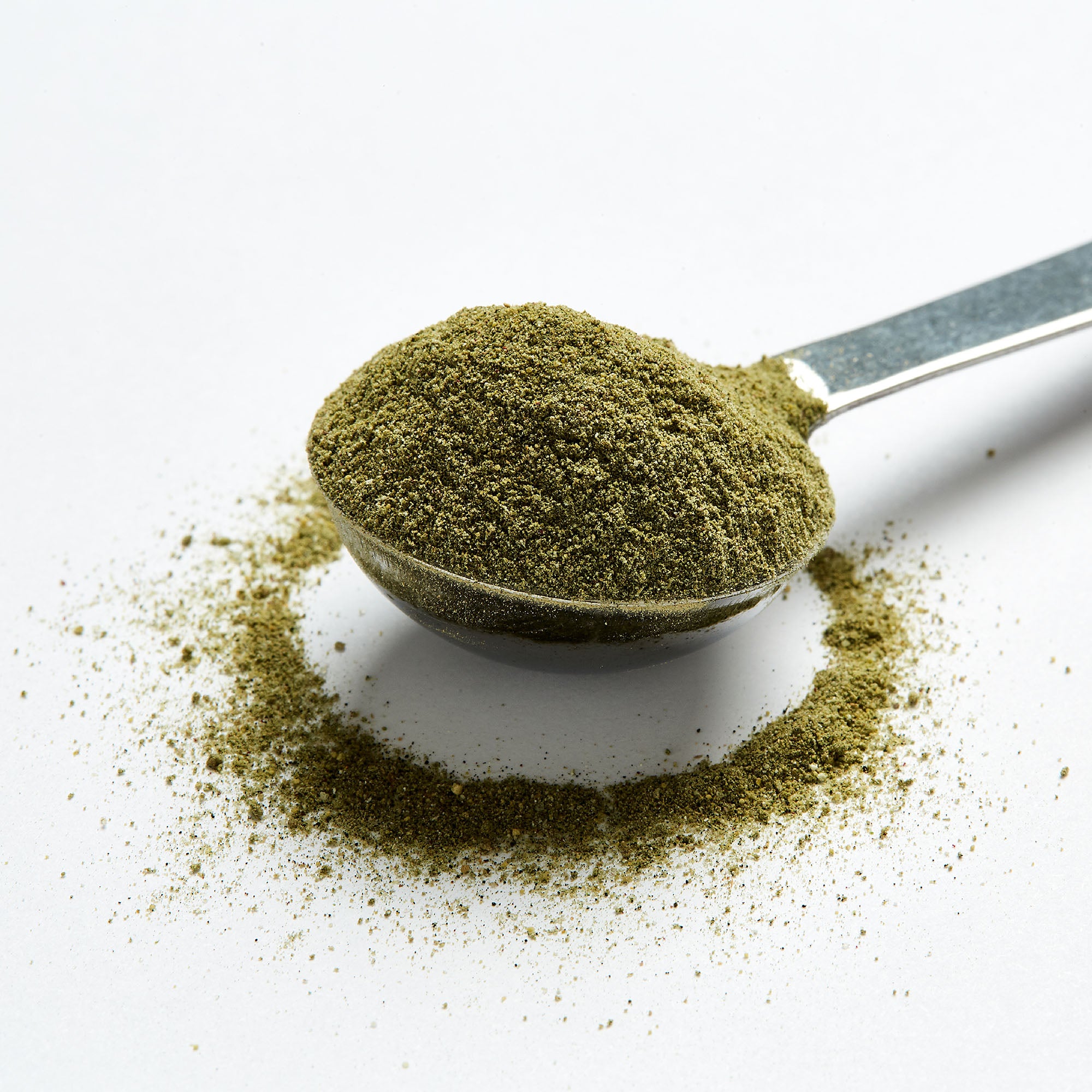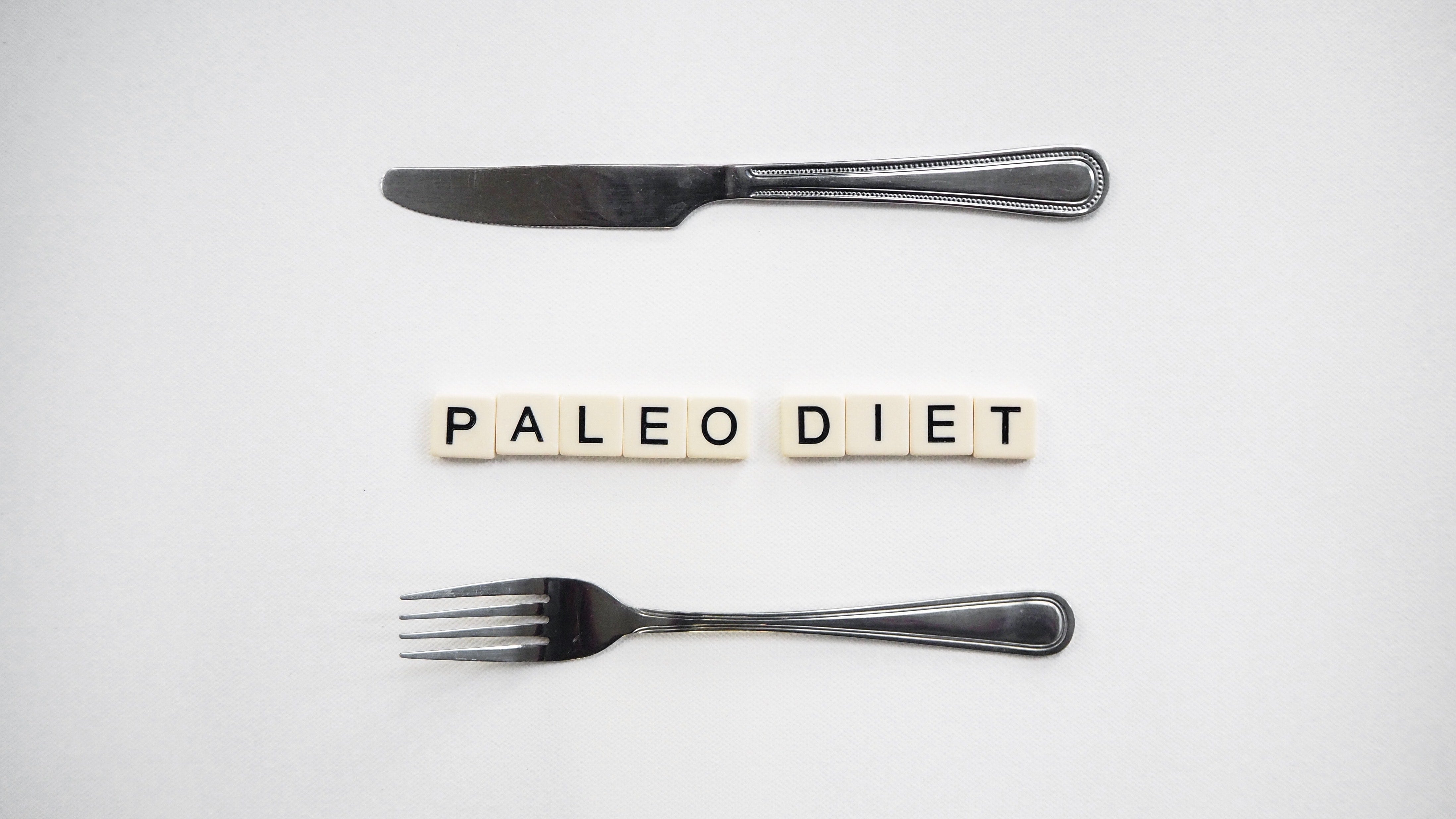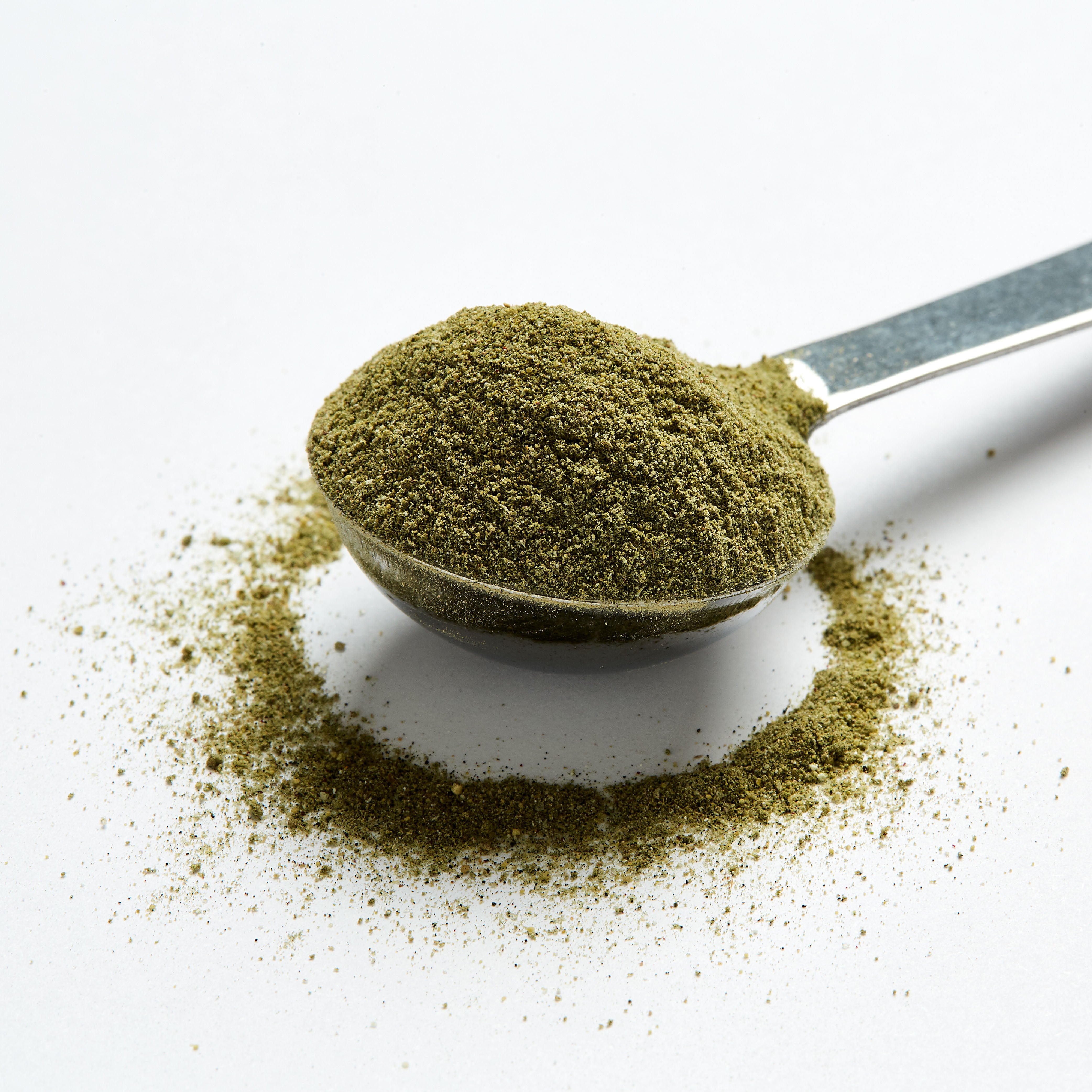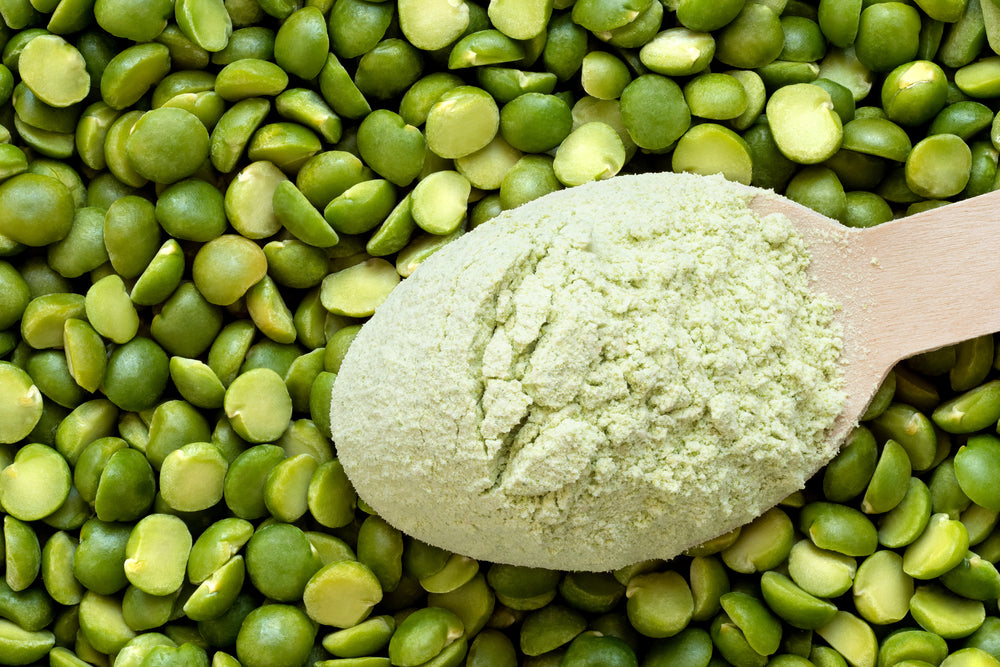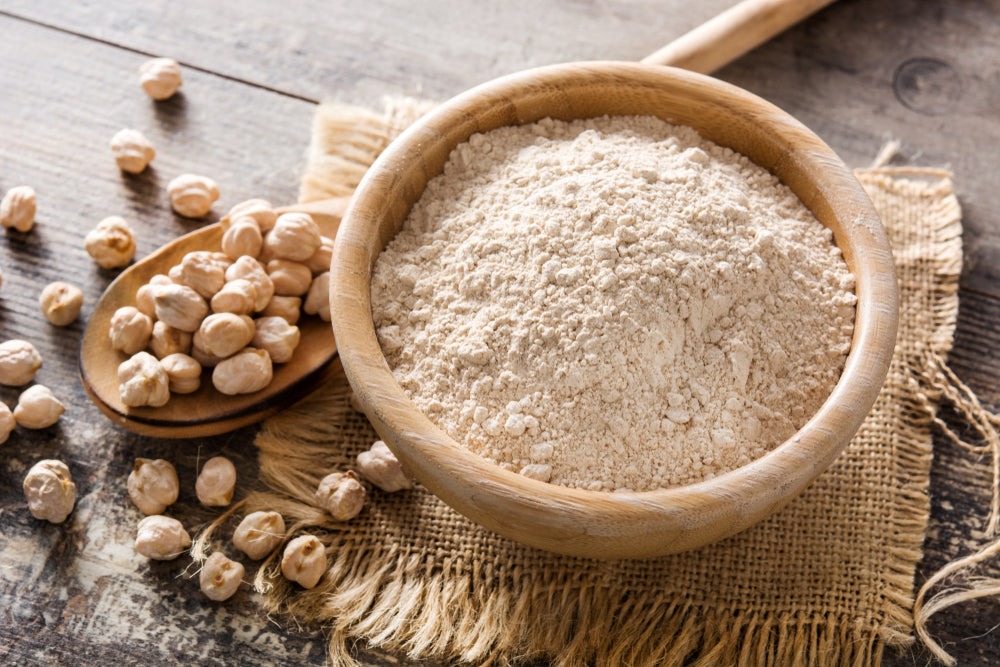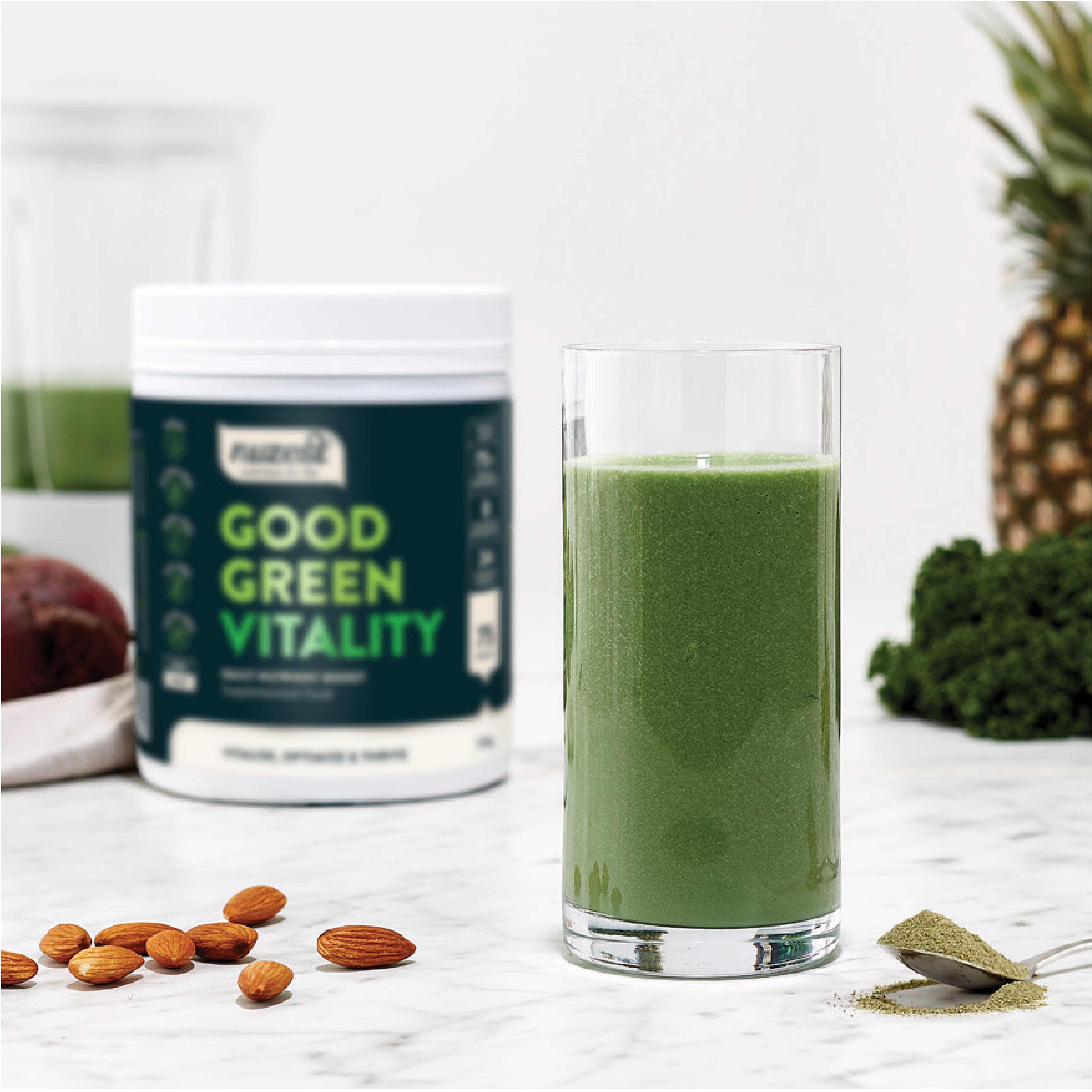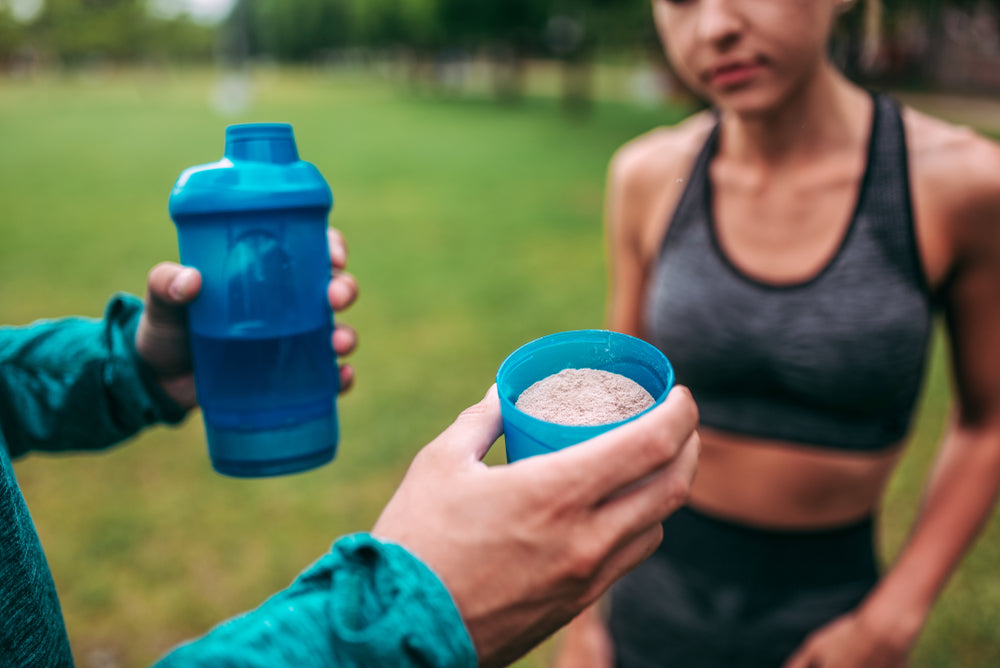According to SingHealth, diabetes affects 9% of the population in Singapore, with Type 2 diabetes more common amongst Singaporeans. While full remission of Type 2 diabetes may not be achieved, it is possible to reverse it with nutrition.
What is Type 2 Diabetes
Type 2 diabetes usually presents itself in one of two ways:
- the pancreas doesn't produce enough insulin for the cells of the body to metabolise sugar; or
- the body has become resistant to insulin, and thus is not absorbing enough insulin to metabolise sugar.
In either scenario, there is insufficient insulin for the body to keep blood glucose levels normal. Type 2 diabetes can develop at any age. So it can affect anyone, ranging from children to senior adults.
Some common risk factors of diabetes include:
- Higher than normal blood glucose levels, which is a condition known as prediabetes;
- High blood pressure and cholesterol;
- Excess weight, especially around the abdomen, since fatty tissues increase the body's resistance to insulin;
- Sedentary lifestyle
- Increased age.
Diabetes symptoms include:
- Excessive thirst and frequent urination
- Increased hunger
- Blurred vision
- Frequent skin infections and/or wounds that take a long time to heal
- A feeling of tiredness over prolonged periods of time
However, as Type 2 Diabetes develops slowly, and with some people displaying none of the known diabetes symptoms, many people may be unaware that they have the condition until their health is seriously affected.
One of these conditions is known as hyperglycemia, where the blood sugar levels are higher than normal. If left unmanaged, hyperglycemia can cause to complications that affect the kidney, eyes, nerves, and heart.
Can I Stop the Progress of Type 2 Diabetes?
While it is not easy, many people have been able to slow down the progress of diabetes, and even reverse it. It involves intensive lifestyle management that often involves weight loss and improved nutrition.
A 2014 study into the frequency of remission of Type 2 diabetes with lifestyle intervention compared to diabetes support and education alone concluded that, in overweight adults, intensive interventions with weight loss were more likely to result in partial or complete remission.
A 2016 study examining the effects of a very low-calorie diet on patients with Type 2 diabetes found that a sustainable weight loss program was effective in lowering fasting plasma glucose, and potentially reversing Type 2 diabetes.
Lastly, a 2014 study by the Second University of Naples showed a low-carb Mediterranean-style diet helped 15% of participants achieve remission within one year. Other diets, including low-fat diets were also tested, but with less robust results.
It seems that carbohydrate and caloric intake is most associated with reversing diabetes.
Reversing Type 2 Diabetes with Nutrition
Insulin injections and other medication are commonly used to manage Type 2 diabetes and hyperglycemia. However, a more sustainable and lasting approach would be using nutrition - together with physical activity - to reverse the condition, especially for those who wish to wean off their dependence on diabetes or hyperglycemia medication.
The way to do so is to break the cycle of strain on the cells that produce insulin, which can be assisted through a healthful diet and physical activity. Start with eating a varied diet consisting of fruit, vegetables, whole grain products, and lean protein, and reduce the consumption of processed food.













